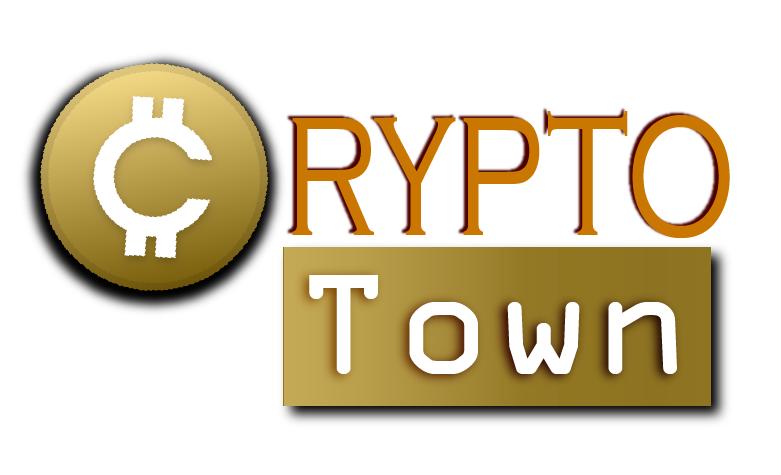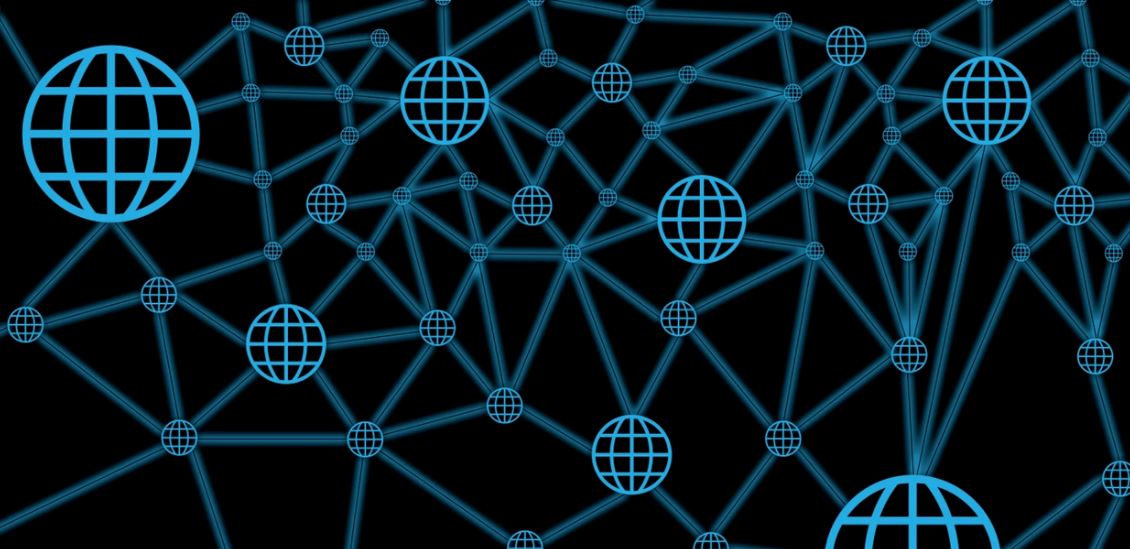The Decentralized Web: The Internet Liberator
Decentralization has been the power behind blockchain technology. If you thought that you had heard the last of it, you are wrong. In fact, by the look of things, it is continually disrupting almost every aspect of our lives. This means soon, the traditional or normal way of doing things will be a thing of the past. In this post, we will be looking at the drawbacks of a Centralized Internet and how Decentralized Web can give alternatives or solutions to them.
The Limits of a Centralized Web or Internet
Somebody would have thought that the more technological evolution took place, the more liberated would be the Internet. I tell you! What is happening is the opposite. There have been stricter restrictions and controls than it was when the internet was introduced. A few mega-firms have taken over and centralized every bit of it in all ways. There is nothing independent because even what we do on the internet is controlled or regulated by either wealthy individuals, big corporations, or governments. Talk of Facebook, Twitter, Google, LinkedIn, Instagram, and the list is endless, all have the power of controlling what we do through those platforms. Okay, mostly they give excuses for their control to security issues, and privacy matters which is a disguise. The truth of the matter is, there have been serious security and privacy breaches than before. Another thing is the fact that all these firms are still doing business, and would put their profits first before anything else. In other words, the users are left at the mercy of the few mega-companies.
The Net Effect is that Independent creators, designers are locked out of this whole debacle. Apart from that, the users’ freedom to enjoy their online time is curtailed, or limited by the many adverts that the firms keep on displaying amid an enjoyable movie, or game.
Then, How Will Web Decentralization Solve these Problems
Data Portability has been one of the biggest challenges with the centralized Web or Internet since memorial. Yeah, the use of data in various scenarios or applications by the users. Not only that, the data is the same as initially shared. There has been manipulation across all the major centralized Webs. The user will be able to own their content, use it anytime, and how they want without controls being imposed on them. It means freedom and income to content creators who have lost a lot of income at the hands of these big firms. The power to control content and revenue.
Server Incapacity, as it is today, servers have limits of the capacity they can handle. Excess traffic may render them unable to handle some requests. This would lead to delays, frustrations, and even losses. Especially, if hackers try repeatedly to hijack the network it is most likely that it would go offline, leading to unimaginable disruptions to the users. To address this anomaly, the decentralized Web uses P2p or (Peer to Peer) technology to link different users to data. The good thing is that it does not matter how many users are linked they would enjoy their content uninterrupted, any time or wherever they are. Any loss of node would not affect the other users in any way. No amount of traffic would be able to bring down the P2P leave alone hackers. The original serve here relays to others that in turn relay to others and the process goes on so long one is on that network. Therefore, no amount of usage can bring down that big network down.
Secure and Transparent, Web3 or dWeb operates via connected computers thereby blocking vulnerability and third-party interference. Therefore, there could be no data manipulation or security breaches. The data is encrypted, therefore, very secure. By using an open-source format there is a guarantee of transparency and originality. It is easy to track data from source to the end-user thereby making it more transparent and authentic.
Opens up Data or Information Accessibility, there are some areas or countries that data or information is restricted. What this means is that people living in these areas live under the mercies of their respective authorities when it comes to accessing or disseminating information. In a decentralized internet, the data is in their hands so long as they have computers and are connected then, they would be able to access data or information whenever they need it. In fact, in some countries what one shares is closely monitored. With Web3 this is a past scenario because data would be at the user’s fingertips. The issue of stolen data being sold at the expense of the owner will no longer be talked about anymore. All these and many more challenges are being corrected by the new tech in data storage and transmission.
These and many more to come, are some of the good tidings that the users should be proud of. The cartels that exist now will be dealt a major blow as the new technology actualizes, and becomes the next big thing in the world. Data or information sharing will no longer be limited but expressly shared or consumed nonstop with the Decentralized Web.
Read more: 10 Interesting Facts Everyone Must Know About Blockchain Technology

